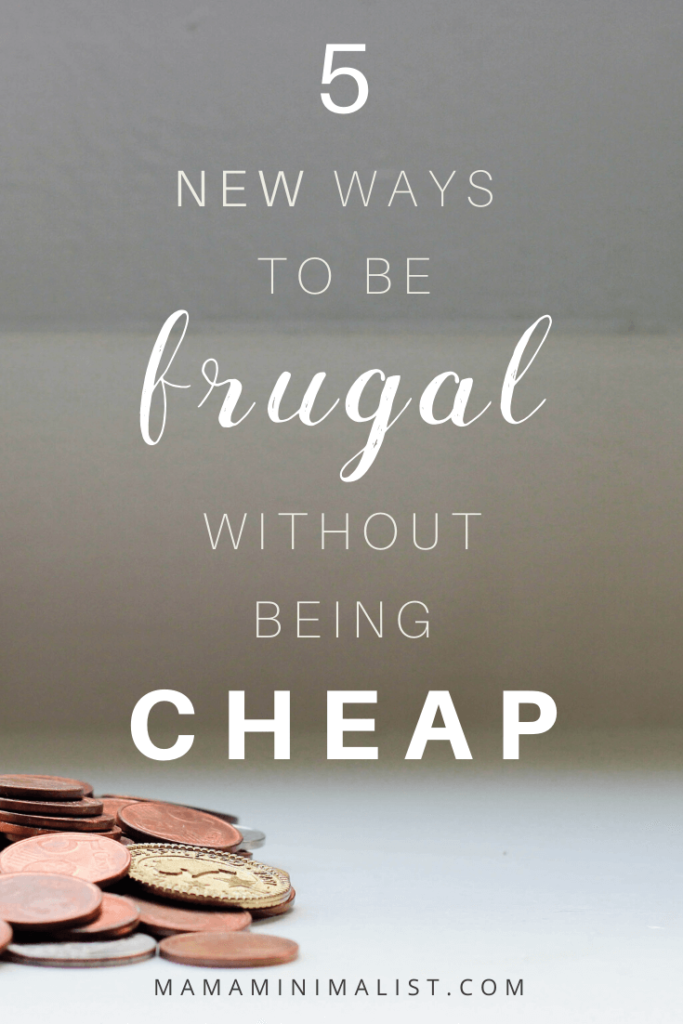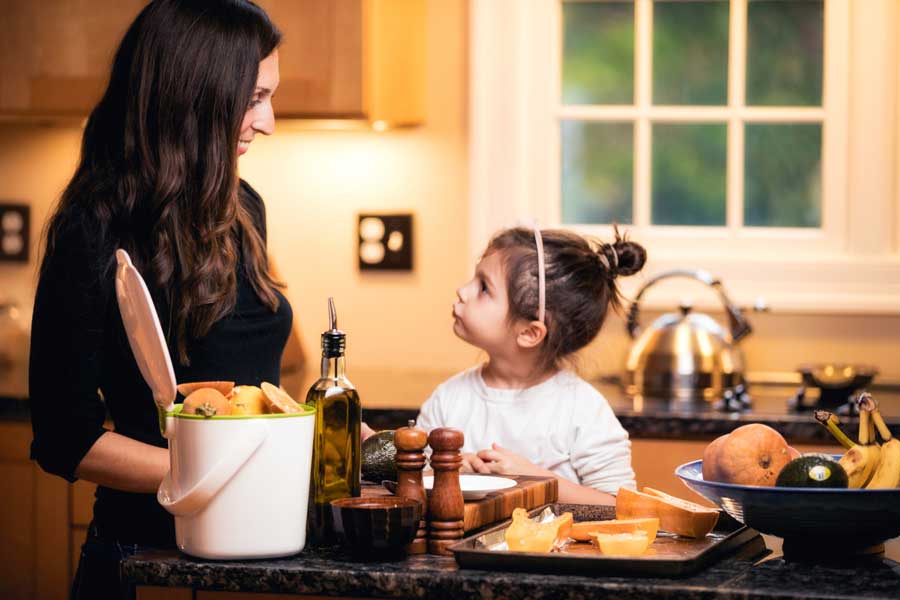5 Ways to be Frugal Without Being Cheap
5 Unique Ways to be Frugal Without Being Cheap
Pennypincher. Tightwad. Cheapskate.
Under normal circumstances, public opinion tends to shun frugality. But frugality has been reborn, so to speak, thanks to the novel Coronavirus pandemic. Many are wasting less food and experimenting with gardening. Others are making conscious efforts to send less to the landfill by reusing, repurposing, and rethinking waste culture.
Thrifty behaviors aren’t worthy of the side-eye anymore. Instead, the opposite is true: during a pandemic, frugality is smart.
Thriftiness is about using resources wisely and reducing waste as a consequence. On this week’s show, I offer 5 habits we can cultivate that both save money and increase self-sufficiency well after the pandemic comes and goes.
Here’s a preview of today’s episode:
[3:30] 3 benefits to incremental thriftiness
[8:50] the main distinctions between internal, external, and novel frugality
[13:40] 5 behaviors to adopt right now that save money and foster self-sufficiency
Happy listening!
* This week’s episode is sponsored by Oregon State University Ecampus.
* Access this week’s Show Notes here.
* Find your tribe. Sustainable Minimalists are on Facebook, Instagram + Pinterest.
Podcast: Play in new window | Download


